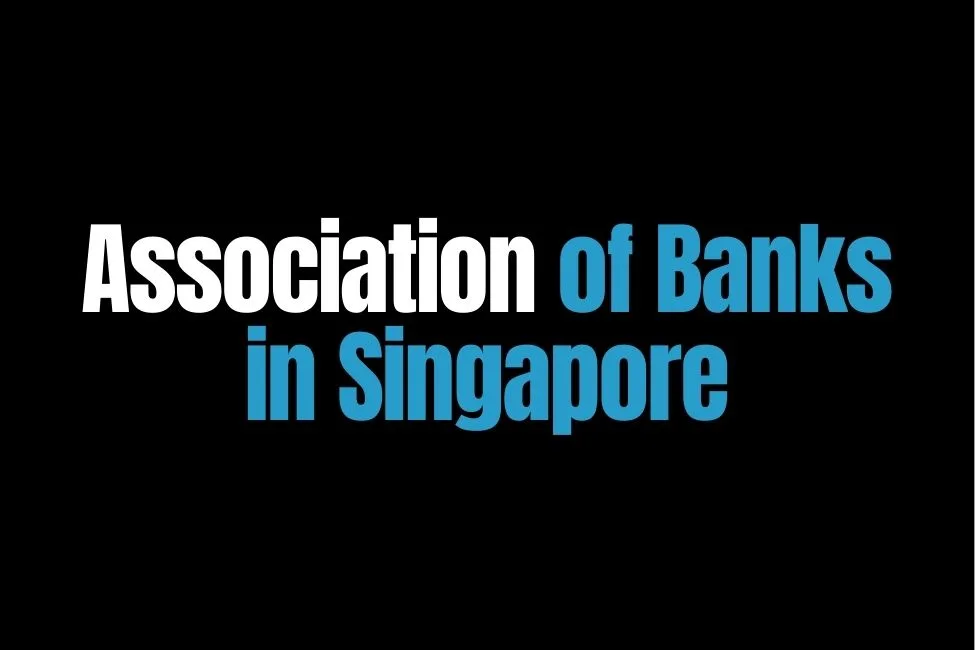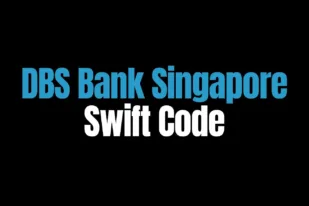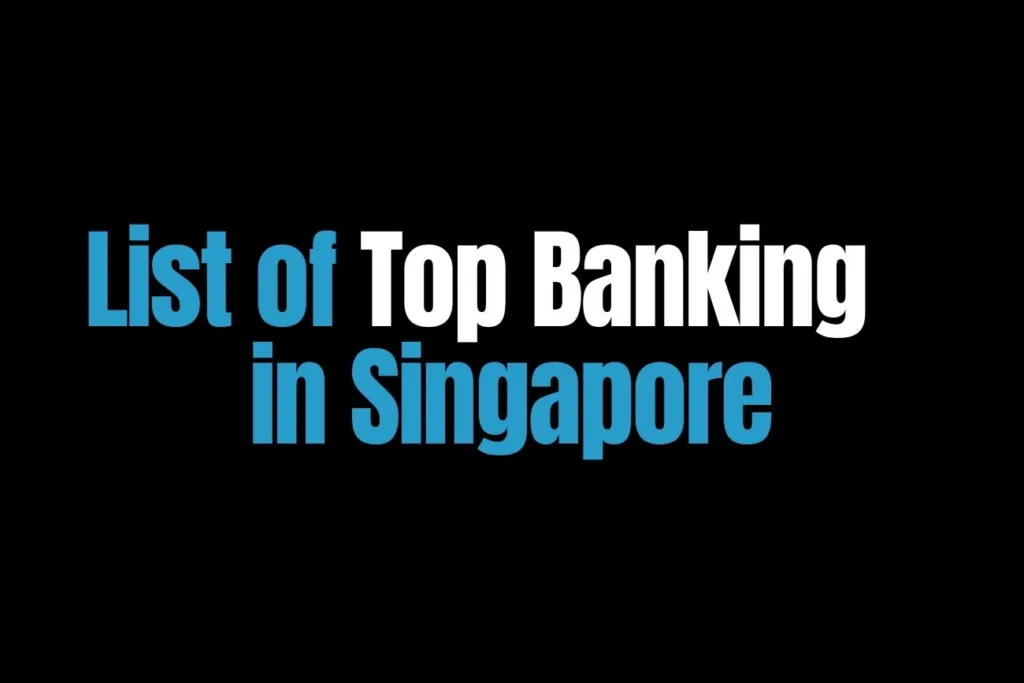What Is the Association of Banks in Singapore (ABS)?
The Association of Banks in Singapore (ABS) is the industry body that represents banks operating in Singapore. It brings local and international banks together to develop common standards, coordinate key initiatives, and engage regulators and the wider community on matters that affect banking in Singapore. In short: ABS is where the industry organizes itself to make everyday banking safer, simpler, and more consistent for customers and businesses. [ABS: Industry Guidelines]
- What Is the Association of Banks in Singapore (ABS)?
- How ABS Fits into Singapore’s Financial System
- What ABS Does
- 1) Sets industry codes and good practices
- 2) Builds and steers national payments
- 3) Fights financial crime with public–private partnerships
- 4) Supports big, coordinated industry transitions
- 5) Strengthens resilience and cybersecurity
- 6) Promotes consumer education and financial planning
- Why ABS Matters to You
- Common Questions
- Is my bank a member?
- How is ABS different from MAS?
- At a Glance
- References (Official Sources)
How ABS Fits into Singapore’s Financial System
ABS is an industry association, not a regulator. Singapore’s central bank and integrated financial supervisor is the Monetary Authority of Singapore (MAS). MAS sets and enforces regulations; ABS helps banks implement good practices and coordinate industry projects. [MAS: Role & Mandate]
What ABS Does
1) Sets industry codes and good practices
ABS publishes codes and guidance that raise service and conduct standards across member banks. A prominent example is the Code of Consumer Banking Practice, which sets minimum standards for how banks serve retail customers (account information, card usage, dispute handling, and more). [ABS: Code of Consumer Banking Practice]
2) Builds and steers national payments
ABS has been central to Singapore’s instant payments journey. It led the industry launch of PayNow, which lets customers transfer money using just a mobile number, NRIC/FIN, or UEN, and supports PayNow QR/SGQR payments. [ABS: PayNow]
In 2025, MAS and ABS announced a new entity, Singapore Payments Network (SPaN), to administer and govern the national payment schemes and position them for the next stage of growth. This helps ensure the country’s core payment rails stay resilient, interoperable, and innovative. [MAS & ABS: Establishing SPaN – Feb 2025] [MAS & ABS: Incorporation of SPaN – Jun 2025]
3) Fights financial crime with public–private partnerships
ABS convenes the AML/CFT Industry Partnership (ACIP)—a public–private initiative that brings banks, regulators, and law enforcement together to identify and mitigate money-laundering and terrorism-financing risks. The partnership produces practical papers and typology guides that help banks strengthen controls. [ABS: ACIP]
4) Supports big, coordinated industry transitions
ABS coordinates across banks on major changes—such as the multi-year transition away from SOR/SIBOR towards the SORA benchmark for Singapore-dollar markets—so customers experience a smooth changeover and consistent communications. [ABS: Press Releases – SORA Transition Updates]
5) Strengthens resilience and cybersecurity
The association organizes sector-wide exercises and issues guidance that help banks test their business continuity, cyber readiness, and incident response. These efforts complement MAS’ supervisory expectations and keep essential services running reliably. [ABS: Press Releases – Resilience & Cybersecurity]
6) Promotes consumer education and financial planning
ABS publishes consumer guides on topics like bank accounts, credit cards, home loans, and budgeting. The goal is to help people make informed decisions and use banking services confidently. [ABS: Consumer Guides]
Why ABS Matters to You
- Consistent standards: Industry codes set shared expectations for service quality and disclosure across banks. [Code]
- Faster, simpler payments: Initiatives like PayNow and SGQR make everyday transfers and merchant payments quick and convenient. [PayNow] [Press: SGQR/PayNow Updates]
- Stronger protection: Banks share best practices on scam prevention and fraud controls through ABS forums and guidance. [ABS: Anti-Scam Measures]
- Smoother industry change: When market benchmarks or processes evolve, ABS coordinates the transition so customers face minimal disruption. [SORA Transition]
Common Questions
Is my bank a member?
Most retail and wholesale banks with a presence in Singapore are members of ABS. Check your bank’s website and ABS materials for references to ABS standards and initiatives such as PayNow. [ABS: Industry Standards]
How is ABS different from MAS?
MAS regulates and supervises financial institutions and sets national policy. ABS represents banks and coordinates industry solutions. They work closely together—for example, on the governance of national payment schemes via SPaN—while keeping their roles distinct. [MAS: Role] [MAS & ABS: SPaN]
At a Glance
- Industry body for banks in Singapore, collaborating across policy, payments, and customer protection.
- Publishes codes of practice and consumer guides to raise service standards.
- Leads and supports instant-payment initiatives like PayNow and SGQR acceptance.
- Convenes public–private AML/CFT efforts and sector-wide resilience exercises.
Important: For decisions that affect your finances or business, verify details on official sources (ABS and MAS) and consult your bank for information specific to your accounts and products.
References (Official Sources)
- ABS – Industry Guidelines & Good Practices
- ABS – Code of Consumer Banking Practice (PDF)
- ABS – Consumer Guides
- ABS – PayNow
- MAS & ABS – New Payments Entity Announcement (Feb 2025) (PDF)
- MAS & ABS – Incorporation of Singapore Payments Network (Jun 2025) (PDF)
- ABS – AML/CFT Industry Partnership (ACIP)
- ABS – Press Releases (SORA transition, anti-scam measures, resilience exercises)
- MAS – Role & Monetary Policy: FAQs (PDF)





